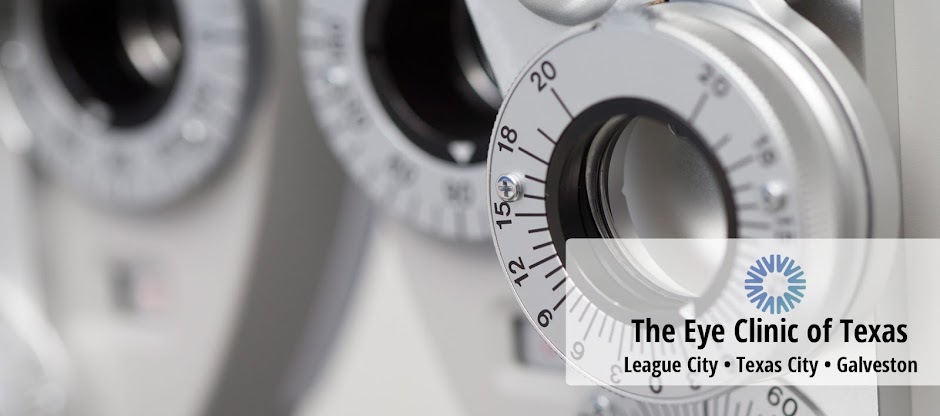Time for Kids’ Back to
School Eye Exams
With
back-to-school time around the corner, parents will be scrambling to buy new
school supplies and clothes. As they tick off their long list of school to-dos,
we are reminding moms and dads not to neglect one of the most important
learning tools: their children’s eyes. Good vision and overall eye health are
vital to learning. Because children are still growing, being vigilant about eye
health is important.
Tips for Kids’ Healthy Eyes
& Vision
Get
Regular Childhood Vision Screenings - Children’s eyes change rapidly, making
regular vision screenings an important step in detecting and
correcting eye problems early. In addition to screenings for
infants, the American Academy of Ophthalmology recommends further vision
screening for children when they are:
>Pre-School age, between
age 3 and 3 and a half
>Entering School
>Experiencing a Possible
Vision Problem
Know
and Share Your Family Eye Health History - Everyone should find out whether eye
conditions or diseases run in their family. Parents should share that
information with the person performing the screening or eye exam when possible.
Examples of common eye conditions include nearsightedness, crossed eye, known as strabismus, and lazy eye, known as amblyopia. If these are not treated in
childhood, they can cause permanent vision loss in one eye.
Watch
for Signals of Eye Problems - Parents should be alert to symptoms that
could indicate an eye or vision problem, such as complaints of eyestrain,
headaches and squinting when reading or performing other common activities.
Other symptoms to look for include a white or grayish-white coloring in the
pupil, one eye that turns in or out, or eyes that do not track in sync
together.
Wear
Protective Eyewear When Playing Sports - Eye injuries while playing sports can cause
serious damage, whether by getting smacked with an elbow during basketball or
hit with a hockey stick. If your child plays racket sports, hockey, field
hockey, baseball or basketball, consider having them wear goggles or
other certified protective eyewear.
If
you or someone you know has a child that needs to schedule an eye exam please call The
Eye Clinic of Texas, an affiliate of Houston Eye Associates, at 800-423-3937,
visit The Eye Clinic of Texas, Google+ or facebook.com/ecot.lasik.
The Eye Clinic of
Texas is an affiliate of Houston Eye Associates, the largest ophthalmology
clinic in the nation. We are a leading eye care practice serving the greater
Houston, Galveston, League City and Texas City with offices at 1100 Gulf
Freeway, Suite 114, League City, Texas 77573, 7111 Medical Center Drive, Suite
110, Texas City, Texas 77590 and 2302 Avenue P, Galveston, Texas.

